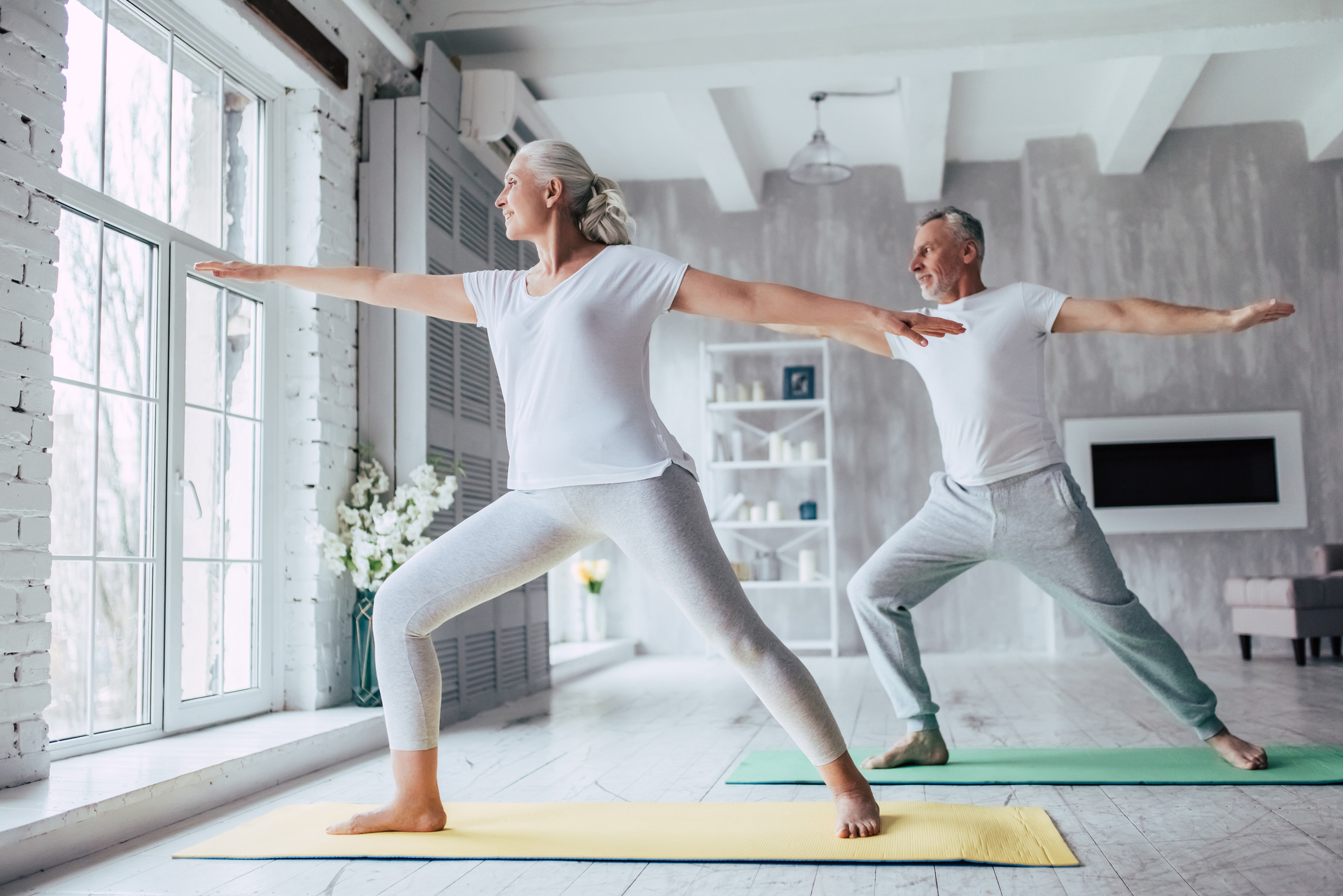November has arrived and for many regions, winter snow and ice won’t be far behind, bringing with it an increased risk for falls. Fall Prevention Month campaigns encourage older adults and loved ones to take an active role in helping to prevent falls that threaten independence and quality of life.
In Canada, 215 older adults are hospitalized each day because of a fall and falls are the leading cause of injury among seniors. More than a third of older adults will be admitted to a long-term care facility after being hospitalized for a fall. But falls don’t have to be a normal part of aging and there are a number of activities senior can participate in that will help them stay active and independent longer.
Besides getting rid of tripping hazards like throw rugs, cords and clutter around the house, there are many things older adults can do to lower their risk for falls. Staying active promotes well-being and activities like Tai Chi, which develop balance, can help seniors prevent falls. Strength training exercises are also important to help seniors preserve and increase muscle mass, even when weather may keep you indoors, older adults can plan physical activities at a local gym, community center or mall.
Older adults can also use this month to schedule an eye exam, an important component of fall prevention. Along with protecting eyesight, older adults can stay more socially and cognitively engaged by taking care of their hearing. New hearing aids are far more sophisticated than they once were, being able to filter out background noise, and are almost undetectable.
Medication management is also key for preventing falls among older adults, especially for those with multiple chronic health conditions. It’s important to review all medications with your physician or pharmacist regularly, including over-the-counter drugs and supplements, or if any drug is added to your regime. Some medications can have side effects or interactions that increase the risk of falls.
Family and loved ones can also help older adults stay safe at home this winter by doing a quick walk-through, making sure hallways are well lit, stairs have secure handrails, and bathrooms have grab bars. If mobility aids are warranted, schedule an appointment with a physical therapist to make sure the correct aid is fitted properly; a trained therapist can also develop an exercise program to improve balance, strength and gait.
Learn more about Fall Prevention Month, by following this link to the campaign website. Here’s a video with some simple tips to get you started.






Add Your Voice
0 Comments
Join the Discussion